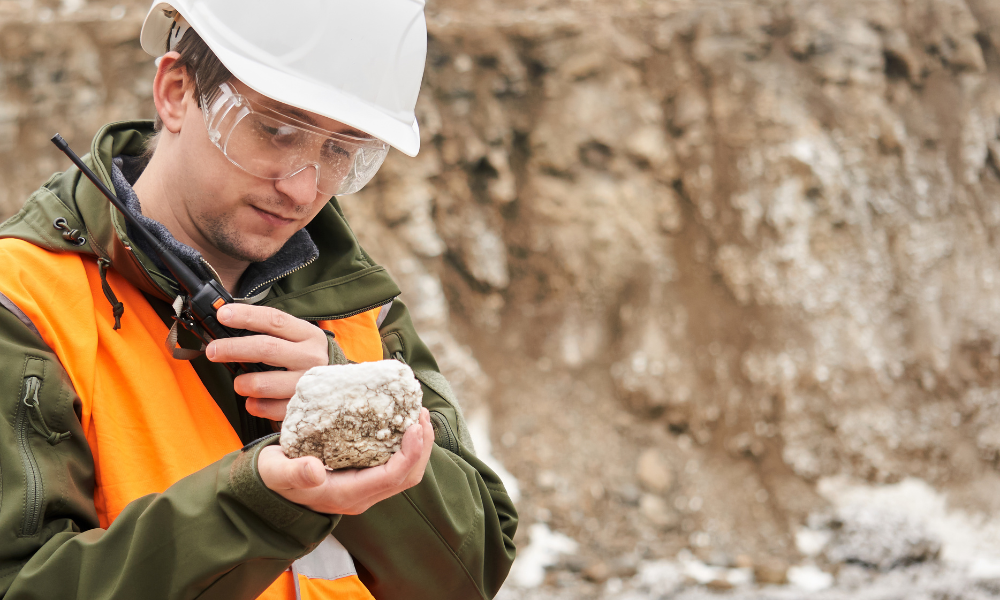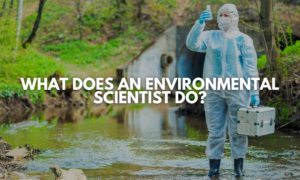At LGC, our EnviroStaff team comprises experts dedicated to helping you secure your ideal position in the ever-evolving environmental industry. With such a broad array of roles within this field, we stay ahead of the curve by conducting thorough research, so you don’t have to. Today, we’re focusing on a crucial role within this sector by exploring the question: What does an Environmental Geologist do?
What is Environmental Geology?
Last week, we delved into the details of Environmental Science, which encompasses the broader environment—biological, chemical, and physical. Today, we’re diving into Environmental Geology, often considered a subset of the field. Environmental Geology narrows the focus to geological materials—rocks, minerals, groundwater, and soil—to understand the positive and negative effects that humans have on the land.
An Environmental Geologist takes on a variety of responsibilities and can work in diverse fields. Many professionals in this role are found in consulting firms, where they provide remedial suggestions and plans to clean up contamination. Others work for state and local governments or teach at high schools and universities. Environmental Geologists play a key role in helping people understand their impact on the environment.
What Does an Environmental Geologist Do?
The role of a Geologist specializing in the environmental industry primarily revolves around addressing water and soil contamination and determining suitable locations for new landfills, nuclear power plants, and similar facilities. They often assist in designing these new developments to ensure their construction is as sustainable and safe for the Earth as possible. Additionally, they conduct field studies to assess chemical hazards that have affected rivers, wells, and landfills.
To assess the extent of contamination at a site, Environmental Geologists collect data through field samples, photographs, maps, radar technology, and literature to gain a comprehensive understanding of how chemical spills have impacted the surrounding geology. They then compile their findings and recommendations in a detailed report.
What Skills Does an Environmental Geologist Need?
Environmental Geology is a specialized field, so most positions require a Bachelor’s degree or higher. Job openings often demand years of experience in addition to a degree, as well as licensure to establish expertise.
Other skills and experience a candidate might need include:
- Surface and Subsurface Investigation
- Geological Logging
- Groundwater Monitoring Well Installation
- Aquifer Evaluation
- Monitoring and Sampling Experience
- Remedial Operation and Maintenance
- Due Diligence Assessments
- QA/QC Data Validation
- Proficient Written and Verbal Communication
- Computer Skills
- Ability to Work in a Team
- Project Leadership Experience
The following certifications may also be required:
- Professional Geologist License
- Passing of the Fundamentals of Geology Exam
- OSHA 40-hour HAZWOPER
Depending on the company, certain employers may support training or obtaining licensure after hiring.
Take the Next Step in Your Career
If this role aligns with your career aspirations, you have the opportunity to make a meaningful impact by preventing and reversing geological contamination as an Environmental Geologist. Our EnviroStaff team is here to help you find the perfect position to turn your passion into action. Contact us today, and let us guide you from where you are to where you need to be.
In other news…
Keep up with EnviroStaff on our social media!
To download Staffnow, check out our Linktree:
About EnviroStaff
EnviroStaff is a division of LGC that focuses on making placements in the environmental industry. We build partnerships with clients to fill open positions on their team and have recruiting capabilities within multiple markets throughout the U.S. Working closely together, EnviroStaff will recruit environmental industry professionals based on your job description and requirements. By making direct hire placements, EnviroStaff can help clients save time and money often associated with recruiting.





